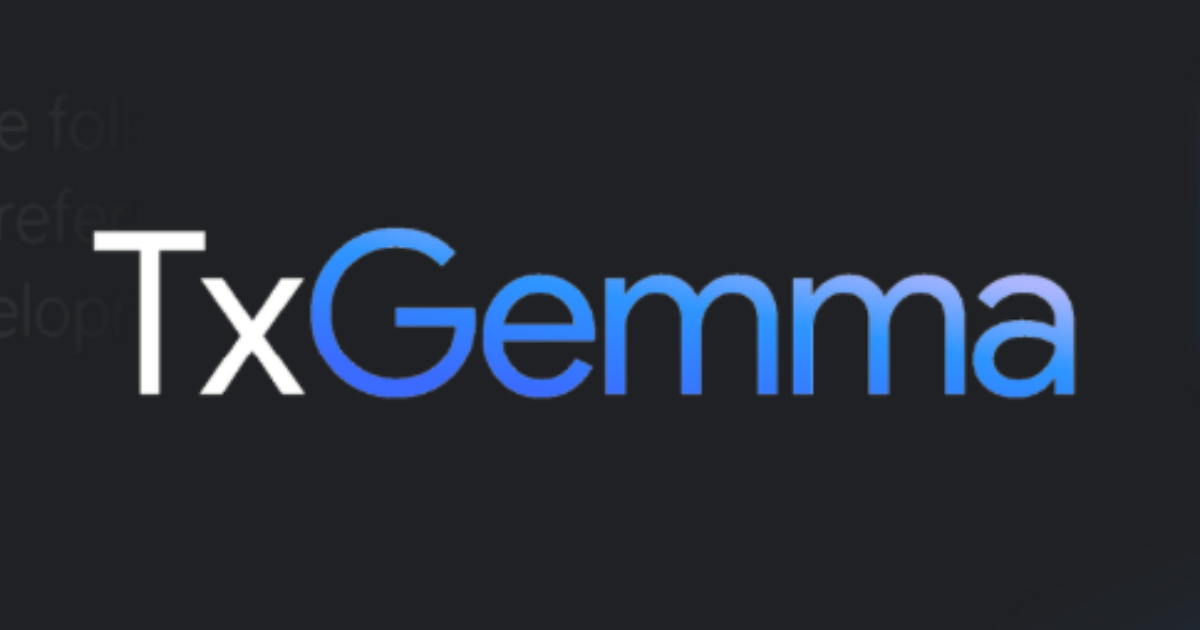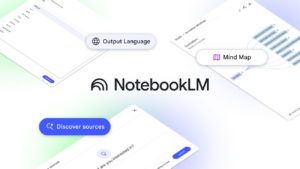Google DeepMind Unveils TxGemma: A New Frontier in AI-Driven Drug Discovery and Development

Introduction to TxGemma
Google DeepMind has recently launched TxGemma, an open set of artificial intelligence (AI) models aimed at improving the efficiency of drug discovery and clinical trial predictions. Built upon the Gemma model family, TxGemma is designed to make the drug development process faster and more effective, ultimately leading to the discovery of new treatments.
Challenges in Drug Development
The journey to develop new therapeutics is often lengthy and expensive, with a staggering 90% of drug candidates failing to advance beyond the initial phase of clinical trials. TxGemma aims to combat these challenges by using large language models (LLMs) to enhance the prediction of therapeutic characteristics throughout the entire research pipeline. This includes tasks from identifying potential drug targets to evaluating outcomes of clinical trials, thereby equipping researchers with robust tools to enhance and streamline the drug development process.
Importance of AI in Drug Research
Jeremy Prasetyo, the co-founder and CEO of TRUSTBYTES, underscores the importance of AI in drug research, stating that AI capable of explicitly explaining its predictions can significantly accelerate drug discovery. Fast insights lead to quicker breakthroughs in patient care, making AI-driven tools like TxGemma valuable assets in the pharmaceutical landscape.
Features of TxGemma
TxGemma builds on the foundation laid by Tx-LLM, a model introduced the previous October for therapeutic research. Due to high demand and interest from the scientific community, DeepMind has enhanced and expanded this project, ultimately delivering TxGemma as an open-source alternative with improved capabilities.
Model Specifications
TxGemma has been trained using an impressive dataset of 7 million examples and is available in three sizes: 2 billion, 9 billion, and 27 billion parameters. Each version includes specialized Predict components tailored to key therapeutic tasks, such as:
- Classification: Determining whether a molecule can cross the blood-brain barrier.
- Regression: Estimating how strongly a drug binds to its target.
- Generation: Inferring the reactants involved in chemical reactions.
The 27 billion parameter Predict model has demonstrated strong performance in benchmark tests, outperforming or comparable to many specialized models on 64 out of 66 critical tasks.
Interactive AI Experience
TxGemma also includes a feature called TxGemma-Chat, which offers an interactive AI experience. Researchers can engage the model in complex queries, receive comprehensive explanations, and have multi-turn discussions about predictions. This interactive feature is particularly useful for understanding the reasoning behind predictions, such as why a specific molecule may be toxic based on its structural characteristics.
Customization and Adaptability
To ensure TxGemma meets diverse research needs, Google DeepMind has provided a fine-tuning example via a Colab notebook. This enables researchers to adjust and tailor the model using their own datasets, enhancing the applicability of TxGemma in various contexts.
The Addition of Agentic-Tx
Along with TxGemma, DeepMind has introduced Agentic-Tx, which incorporates TxGemma into multi-step research workflows. By combining TxGemma with the Gemini 2.0 Pro platform, Agentic-Tx leverages 18 specialized tools designed to elevate research capabilities.
Agentic-Tx has been validated on various benchmarks, including Humanity’s Last Exam and ChemBench, demonstrating its ability to assist in complex research tasks that require in-depth reasoning and multi-step processes.
Accessibility of TxGemma
TxGemma is now accessible through the Vertex AI Model Garden and Hugging Face platforms. Researchers and developers are encouraged to experiment with the models, utilize fine-tuning tools, and provide feedback for further improvements. This accessibility supports ongoing advancements in drug discovery and the development of innovative therapeutics.






